VANCOUVER – For most people, reliving the experience of being taken hostage at gunpoint and held in an enclosed metal lifeboat for four days might be difficult.

For Capt. Richard Phillips, who was at the helm of the Maersk Alabama when four Somali pirates seized it on Apr. 8, 2009, it’s all in the past.
“I really have put it behind me,” Phillips said in a phone interview with Global News on Friday, the day the Paul Greengrass-directed film bearing his name depicting the hijacking opened in theatres.
The same goes for the novice Somali actor Barkhad Abdi, says Phillips about the Minnesota limousine driver who saw an ad for an open casting call. He performed the role “very true to life,” according to the real-life captain.
READ MORE: What the critics are saying: ‘Captain Phillips’
But Phillips said it’s been business as usual in the years since surviving the ordeal.
He was back on the sea about 14 months later and has worked his usual “three months on, three months off” pretty much ever since.
He didn’t come back home to the U.S. from his most recent voyage until 17 days before the opening of Captain Phillips.
Phillips’ work has also taken him back to pirate waters. “It’s just something that we deal with,” he explained.
“When you’re in any of these areas, which is about half the world, you’re very worried,” he said. “I won’t say I was afraid, but I’m just as worried as I was in 2009.”
He points out that while pirates are still very much active off the Horn of Africa, the activity has decreased and there hasn’t been a ship hijacked and taken back to the waters off Somalia since last year.
The International Maritime Bureau (IMB) and its Piracy Reporting Centre, have documented just 10 reported pirate incidents so far this year and only two hijackings.
IMB Director Pottengal Mukudan told Global News the last time a merchant vessel was taken to Somalia was on May 10, 2012.
By comparison, Somali pirates hijacked 49 vessels in 2011.
There have been significantly more attacks off the coast of West Africa, particularly off Nigeria, this year, which are pinpointed on the IMB Piracy and Armed Robbery Map.
“That is actually a very good sign,” Mukudan said in a phone interview from London. He attributes it to shipping companies following best practices when encountering pirates (in some cases employing armed security aboard the vessels) and the presence of international armed forces.
“We hope that this is beginning to break the pirates’ expectations and the piracy model,” he said. “And if that continues they are incurring the cost of manning the vessels, sending them out in the hope of getting a ship. If they are not able to get a ship, then commercially this is not a viable option. ”
Phillips’ ship was not successfully taken to the Somalia coastline.
He and the crew employed a number of tactics, depicted in the movie, and his book A Captain’s Duty, to confuse and delay the four pirates, until he eventually convinced them to leave the vessel in a life boat with some supplies and about $30,000 in cash.
It wasn’t the millions of dollars in ransom they had hoped to nab by capturing the American-flagged cargo carrier, so they took the captain instead.
The story is what blockbuster movie plots are made of: fast-paced and full of action and drama.
But Greengrass does take some artistic liberties with his interpretation of Phillips’ story.
As Phillips puts it, “It’s five days compressed into two hours.”
While most Hollywood pictures “based on actual events” do change some events or situations to fit the narrative of the film, there are some who call into question Phillips’ account of how events unfolded.
According to a court document uploaded to gcaptain.com, the plaintiffs in the case say they suffered post-traumatic stress disorder and “serious and permanent physical and emotional injuries.”
But, they also claim warnings about the risk of a pirate attack were ignored.
“In spite of the notices and warnings, Defendants, through their officers, employees, and/or agents, made the decision to sail and did sail MAERSK ALABAMA within approximately 250 miles (402 kilometres) off of the coast of Somalia,” the document stated, explaining an Apr. 6, 2009 notice warned vessels to sail at least “600 miles (965 kilometres) off the coast.”
Earlier this week, CNN aired an interview with former chief engineer Mike Perry from 2010, the same Phillips published his book. He said Phillips’ story isn’t as honourable as it seems.
“We vowed we were going to take it to our grave,” Perry told CNN. “We weren’t going to say anything then we hear this PR stuff coming out that he gave himself up.”
But Phillips says he never said he gave himself up. That’s detailed in his book and the movie.
There was supposed to be a trade: Crew members captured one of the pirates and tried to exchange him for Phillips, who was trying to get the four Somalis off the Alabama in a lifeboat, already lowered to the water, even showing them how to operate it. The captured pirate was handed over, but Phillips was taken hostage.
Aside from questioning Phillips’ judgment and calling him “dangerous,” Perry also made one particularly strong allegation.
CNN‘s Drew Griffin asked Perry if he and other crew members believed Phillips wanted to be captured, and if he we wanted the boat to be taken by pirates.
“That’s what many of us officers were saying to ourselves,” Perry told Griffin.
Global News asked Phillips about the allegations. “We live in a litigious society,” he said.
Phillips said the claims arose within a couple of weeks of the rescue and he notes it’s not all of the crew members who decided to sue the companies, mainly “unlicensed” crew members.
“This is America and we’re all entitled to our own opinions,” he surmised.
But he added, “The crew was instrumental in the positive outcome and they did do a good job.”
One aspect of Phillips’ five-day saga that was omitted from the film, for the most part, was the depiction of what his wife Andrea went through sitting at home in Vermont waiting for word he was safe.
Andrea Phillips, played by Catherine Keener, makes only a brief appearance at the start of the 134-min film.
Phillips said he left it to Greengrass to decide what aspects of the story to include in the movie. But, Andrea did go through her own ordeal, faced with a wall of cameras outside of their farmhouse in the town of Underhill, Vt.
“I think (to) have her in the story would have added to it,” he said. But including everything from his book would have made for a “nine-hour docudrama,” he added.
That’s an aspect of the story the Marine Piracy Humanitarian Response Programme (MPHRP) wants moviegoers to note.
The London-based program assists captive seafarers’ families and the sailors themselves once released from a hostage situation.
Unlike Phillips, there are mariners who spend not just days but years in captivity in Somalia.
According to the International Maritime Bureau Director Capt. Pottengal Mukundan, there are currently 37 crew members who have been held for more than two years and a further 27 who have been held hostage for nearly a year and a half.
MPHRP Director Roy Paul said the humanitarian program was borne out of the rise in piracy off the Horn of Africa since 2006-2007 and meetings with industry partners who came together “when they saw that piracy was having a big effect on the seafarers and their families and there was no way of responding to that.”
“Most shipping companies have no connection with the families at all. But, suddenly the bread winner — the husband, the son or whatever — is taken captive and the family needs some help,” Paul said on the phone from London.
MPHRP has a fund set up to offer families counselling and financial assistance to help provide for the captive seafarers’ loved ones.
He said major companies, such as Maersk, have good practices in place now to support sailors and their families.
But there are also instances where a ship-owner has all the money tied up in one vessel and the ship has been lost — beached, damaged or sunk — and the owner just closes up shop and walks away, leaving the crew in captivity.
Paul said it’s imperative to have a plan in place to lessen the shock of the event for everyone, especially those taken hostage.
Following his rescue by a U.S. Navy SEAL operation, Phillips said he tried to cope with what he went through on his own.
It took a Navy SEAL to convince him to go to the psychiatrist on board, who explained the physical and mental toll the shock was taking on him and how his body was reacting.
Phillips said he still has some physical scars to bear, but otherwise he said “I’ve really closed that door and put it behind me.”

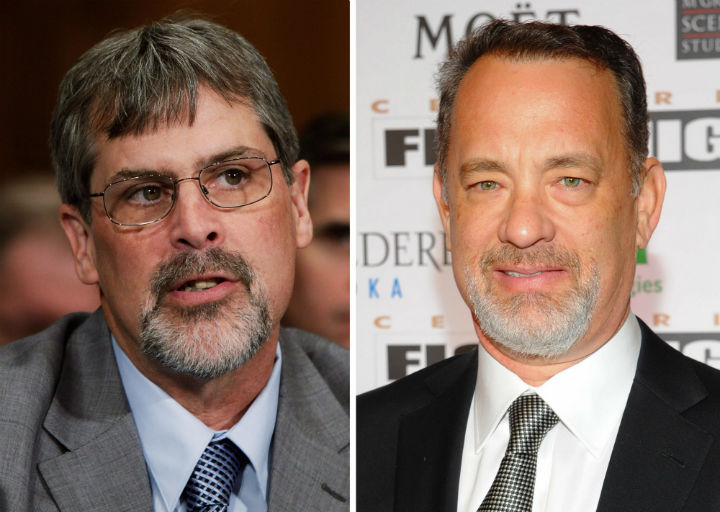
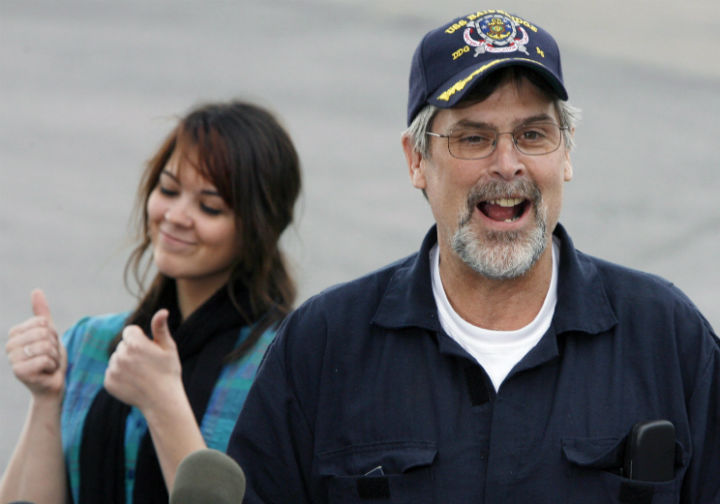


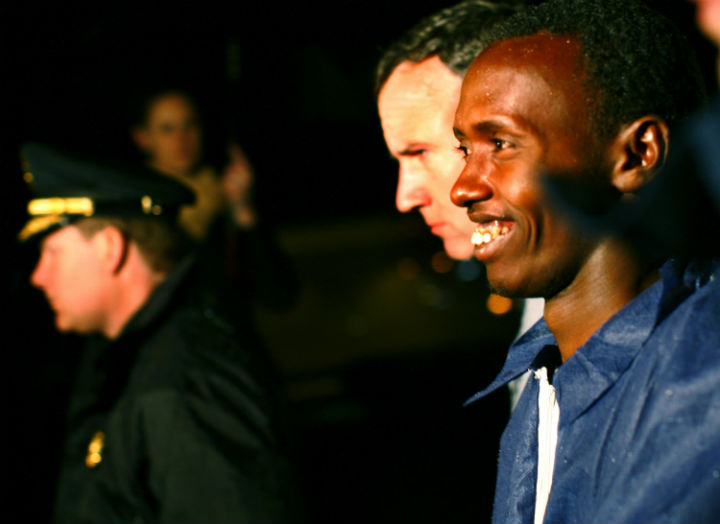

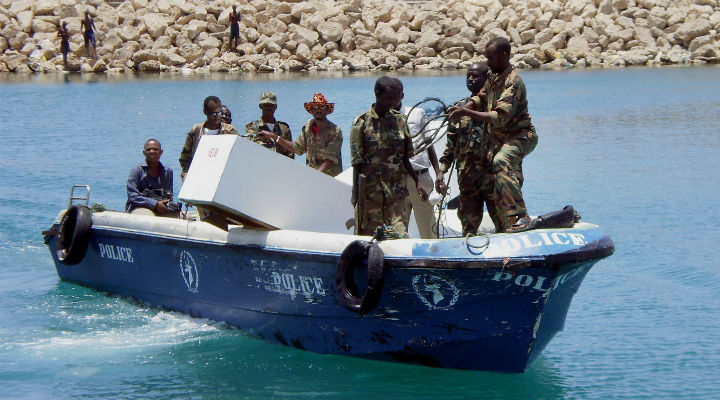




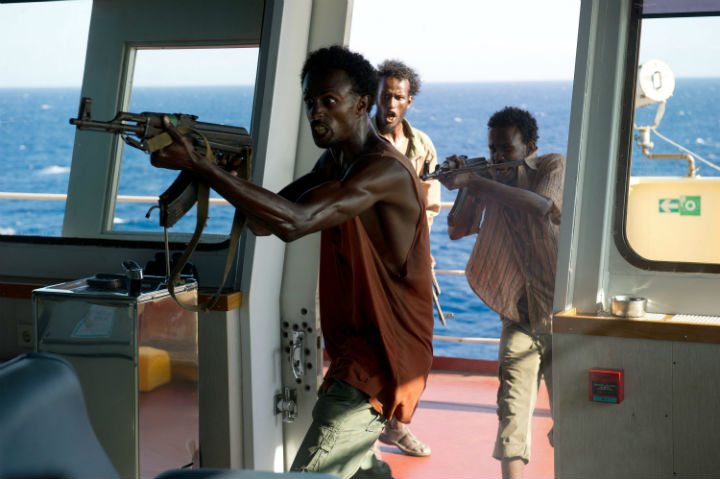

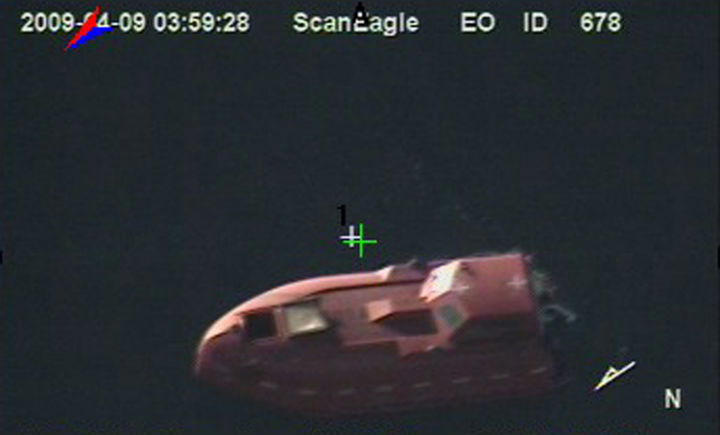
Comments